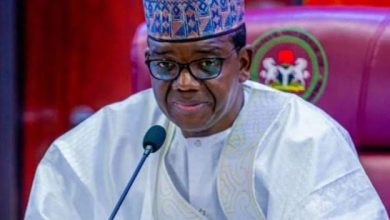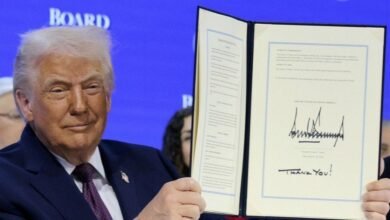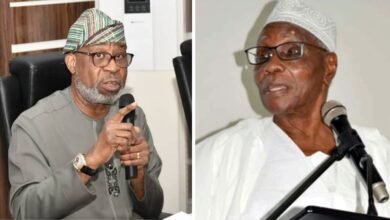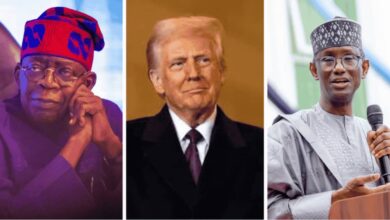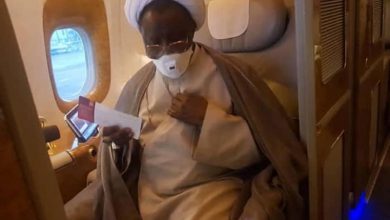Politics
Tinubu Support Group Meets Honourable Minister of Agriculture and Food Security, Senator Abubakar Kyari, CON

The Honourable Minister of Agriculture and Food Security, Senator Abubakar Kyari, CON, on 27th August, 2025, received a delegation from the Tinubu Support Group (TSG), led by its Director-General, Dr. Yakasai Umar, in Abuja.
The visit was highly productive and engaging, with discussions centered on strengthening collaboration to drive national growth and ensure sustainable food security in line with the Renewed Hope Agenda of President Bola Ahmed Tinubu, GCFR.
Speaking during the meeting, Dr. Umar, who represented the umbrella body of the TSG, reaffirmed the group’s commitment to supporting federal government appointees and deepening collaboration with key stakeholders in the agricultural sector. He emphasized that the engagement reinforced their collective resolve to build strong bridges between government, support groups, and the public in order to highlight the remarkable achievements of the Tinubu administration.
In his remarks, Senator Kyari commended the delegation for their support and underscored the Ministry’s commitment to advancing food security, agricultural development, and national prosperity.
The meeting concluded with a renewed pledge by both parties to work together in driving the agricultural transformation agenda for a prosperous and food-secure Nigeria.

